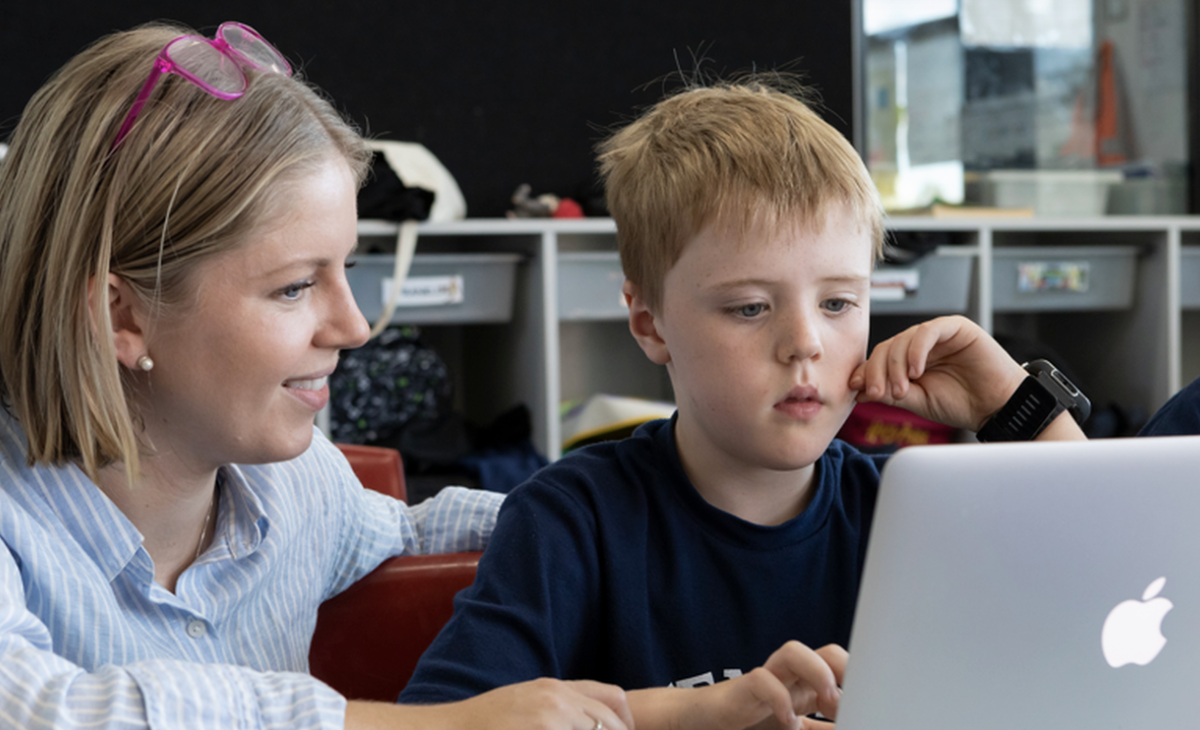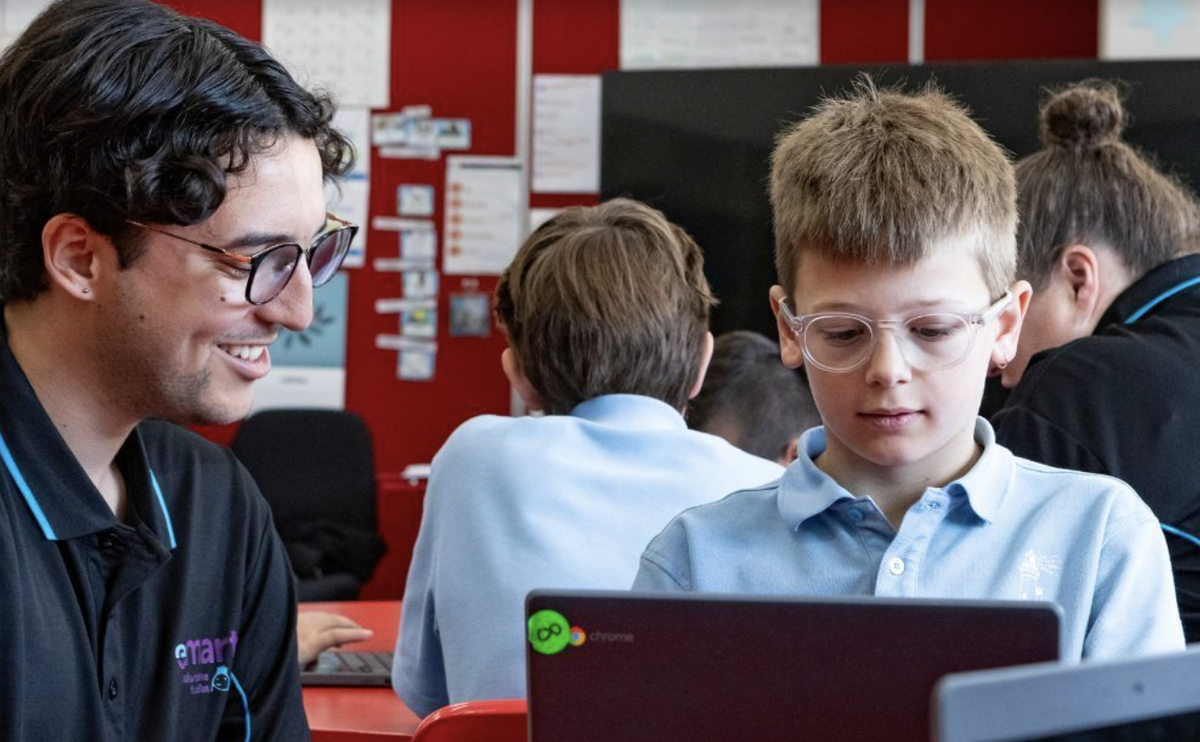Wellbeing at TPS

The Effects of Digital Technology on Our Students: A Wellbeing Perspective
Hi families,
In today’s fast-moving, tech-savvy world, digital devices have become part of everyday life, both for adults and children. From smartphones and tablets to online learning platforms and games, technology is now a familiar presence in the lives of our students.
At TPS, we’re seeing children from Prep/Foundation through to Year 6 using screens more than ever before. While there’s no denying that technology can be a fantastic tool for learning and connection, it’s also important to be aware of how it might be affecting our students’ overall wellbeing.
The Upside of Digital Technology
When used in moderation, digital technology offers many exciting opportunities. Educational apps and interactive websites can help students build skills in literacy, numeracy, problem-solving, and beyond. Whether it’s exploring a virtual museum, joining a coding challenge, or collaborating with classmates online, technology can make learning more engaging and accessible. It also opens the door to creativity, students can compose music, animate stories, or design their own digital art. There’s so much potential when tech is used with purpose.
That said, like with most things, balance is key. Too much screen time, especially for younger children, can begin to take a toll.
Research shows that extended time on devices may affect a child’s physical health, emotional wellbeing, and ability to concentrate.
Physical Health: Long stretches in front of screens can lead to reduced movement, poor posture, and eye strain. For children who are still developing their coordination and motor skills, regular physical activity is especially important.
Sleep Disruption: Screens before bed can interfere with quality sleep. The blue light from devices suppresses melatonin, a hormone that helps us wind down. Poor sleep can make kids feel tired, cranky, and less focused during the school day.
Emotional Wellbeing: Too much screen time, especially when it involves social media or online games, can increase feelings of anxiety or loneliness. Children might compare themselves to others or experience online conflicts that impact their mood and confidence.
Shortened Attention Spans: One of the biggest concerns we see in classrooms is a reduced ability to focus. Fast-paced digital content can make it harder for students to stay engaged with slower, more thoughtful activities like reading, writing, or solving problems.
As a school community, we’re committed to helping our students build healthy relationships with technology, and that support starts at home too. Here are a few simple, practical ways families can encourage balance:
- Set Reasonable Limits: Decide on daily screen time boundaries that feel appropriate for your child’s age and needs.
- Build in Breaks: Encourage regular screen-free breaks, especially during longer periods of device use. A quick stretch or some outdoor play can make a big difference.
- Balance with Offline Fun: Make time for activities that don’t involve a screen, like reading, drawing, playing outdoors, or simply spending time together as a family.
- Be a Role Model: Kids notice how we use technology too. By showing healthy habits ourselves, like putting phones away during meals or making time for offline hobbies, we can lead by example.
- Focus on Meaningful Use: Choose content that sparks curiosity, supports learning, or encourages creativity. Not all screen time is created equal!
There’s no doubt that digital technology is here to stay and when it’s used mindfully, it can enrich our students’ learning in incredible ways. But it's equally important to stay aware of the potential downsides and help our children find a healthy balance. With the right guidance and support, they can enjoy the best of both worlds: the opportunities of the digital age and the benefits of real-world connection, play, and growth.
I encourage you to check out the eSmart website for a range of useful resources for parents and their children.
https://www.alannahandmadeline.org.au/what-we-do/prevention-programs/esmart
Wellbeing supports available for all TPS families
- Ballarat Health Service Access and Triage, or call 1300 094 187 for urgent mental health support
- Suicide Call Back Service, or call 1300 659 467
- Lifeline, or call 13 11 14, or Text 0477 13 11 14
- Aboriginal & Torres Strait Islander crisis support line 13YARNor call 13 92 76
- Kids Helpline or call 1800 551 800
- Beyond Blue or call 1300 224 636
- Headspace or call 1800 650 890. Headspace also have online chat services that can be accessed at Online & phone support | headspace
- Grief & Loss - The Trauma and Grief Network (TGN) (anu.edu.au)
- Supporting primary school-age children through grief - Emerging Minds
- How to support your family and yourself through grief and loss - Emerging Minds




